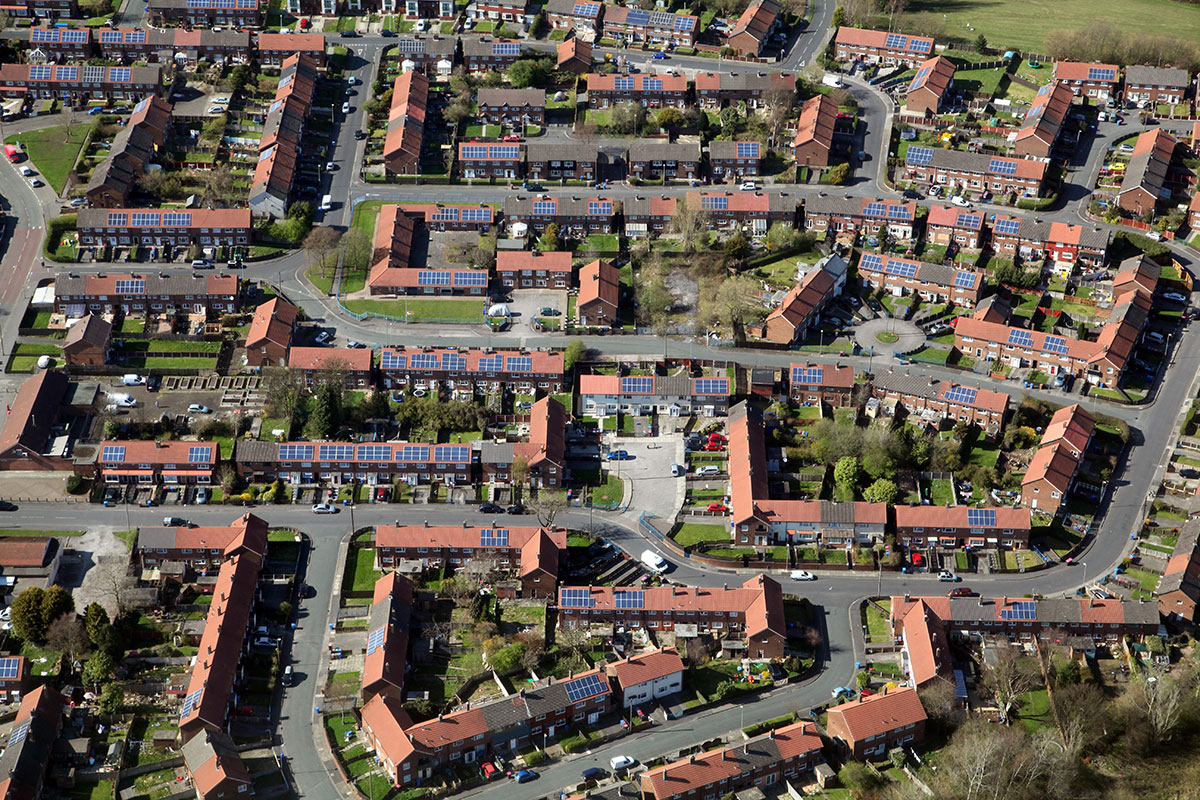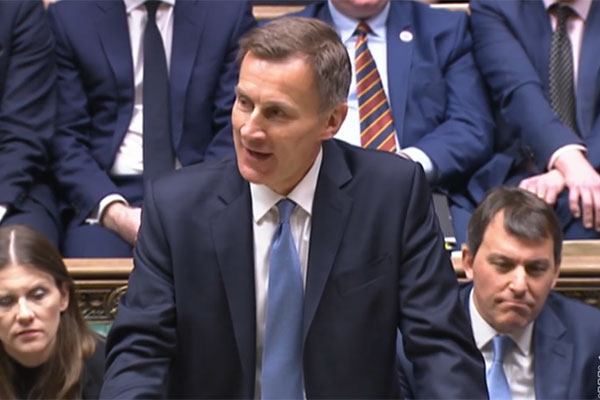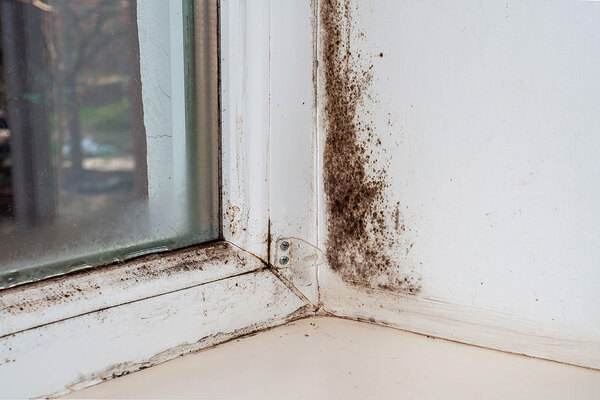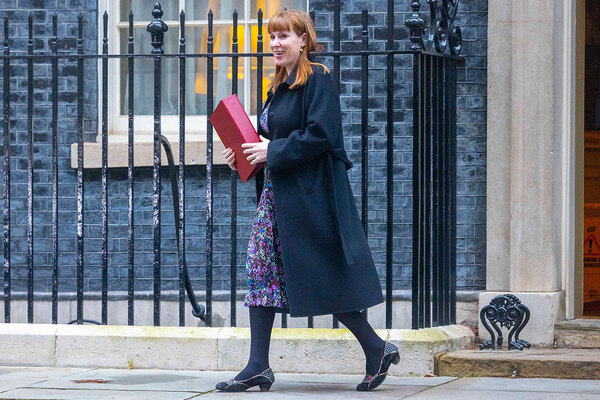Providers secure £778m through Social Housing Decarbonisation Fund
The government has awarded £778m through the latest wave of the Social Housing Decarbonisation Fund (SHDF).
The SHDF is for local authorities, providers of social housing and charities that own social housing to bid for funding from the Department for Energy Security and Net Zero (DESNZ) to install energy efficiency upgrades in their housing stock that is currently below an Energy Performance Certificate (EPC) C rating.
Wave 2.1 opened on 29 September 2022 and closed for competition on 18 November.
In its announcement on Wednesday (22 March) DESNZ said that around 90,000 homes are expected to be upgraded and funding will support around 13,000 jobs annually in the green energy sector. Social Housing understands this relates just to wave 2.1 of the SHDF.
A total of £778m will be offered to 107 projects for Wave 2.1 of the SHDF. The government had previously said that Wave 2 of the fund would allocate up to £800m of funding.
Social housing providers in London (£131.5m) and the South East (£128.9m) received the largest share of the funding.
The North West will receive £105.3m, followed by £93.5m in the West Midlands, £83.6m in the East of England, £80.2m in the South West, £74.7m in the East Midlands, £50m in Yorkshire and the Humber and £29.3m in the North East.
The second wave followed Wave 1, which awarded £179m to 69 projects, and an earlier ‘demonstrator’ phase, which awarded around £61m as an initial investment to 16 local authorities for 18 projects to test innovative approaches to retrofitting at scale.
The government also announced that it had awarded £630m to councils in phase two of the Home Upgrade Grant, which will provide energy efficiency upgrades to low-income households with low energy efficiency ratings.
DESNZ said altogether more than 115,000 homes across England will get upgrades to their energy efficiency through £2.5bn of funding to upgrade social and private homes.
This figure is made up of the SHDF and the Home Upgrade Grant, which are collectively worth £1.4bn, along with £1.1bn in match funding from housing providers for the former scheme. Social Housing understands this relates just to wave 2.1 of the fund.
In its announcement, DESNZ said the money will go towards improvements to vulnerable households with an EPC rating of D or below and could save tenants between £220 and £400 a year on energy bills.
It added that these schemes could also support around 20,000 jobs in the construction and home retrofit sectors.
On top of this, a further £409m has been granted through the Public Sector Decarbonisation Scheme to help public sector buildings such as schools and hospitals to reduce their carbon emissions.
All of the government funding will be rolled out from April 2023 to upgrade homes over the next two years.
Energy-cutting and cost-saving measures provided through the schemes include exterior wall insulation, cavity wall insulation, loft insulation, new windows and doors, and draft-proofing measures, as well as heat pumps and solar panel installation.
Social Housing previously reported ahead of the Spring Budget on 15 March that sector bodies were calling on the government to release the remaining circa £2.8bn balance of the promised 10-year, £3.8bn SHDF. Taking the latest awards into account, around £1bn has been allocated to date.
Grant Shapps, secretary of state at DESNZ, said: “We know this is a difficult time for families, which is why the government is covering around half a typical household’s energy bill this winter.
“This is a huge investment that will help households save hundreds on energy bills and see them heat their homes for less, and stay warm for longer.”
Lord Callanan, minister for energy efficiency and green finance, said: “The UK is truly a world leader when it comes to reducing carbon emissions and the progress we’ve made over the last decade has been remarkable.
“But we can’t rest on our laurels and must continue to drive forward progress, setting a standard for other countries to follow.”
Tracy Harrison, chief executive at the Northern Housing Consortium, welcomed the government funding.
She said: “This latest wave of funding adds to the momentum already built around green home upgrades in the North. Retrofitting homes towards net zero is a key priority for councils and housing associations across the North. Our members want to continue to scale their activity to support the development of the supply chain, and to deliver good, green jobs.
“We were delighted to see even more ambitious partnership bids submitted to this wave – an approach which we hope to see followed through in delivery. But most importantly, these successful projects will help create warmer homes and improve the physical and mental health of people in our communities.”
However, James Grinstead, a solicitor from Devonshires, said while any funding for decarbonisation – which is set to cost the sector billions of pounds – is “welcome”, this announcement is “a little hollow in substance”.
He said this is not “new funding” as the £1.8bn represents money that has already been injected into the sector through phase one of the Home Upgrade Grant, as part of the Sustainable Warmth Competition and Wave 1 of the SHDF.
Mr Grinstead said: “There appears to be no recognition of the fact that a significant portion of SHDF Wave 1 bidders had to return their grant funding due to not being able to deliver retrofit to the scale initially expected, or match the original funding provided.
“Stating now that a further £1.1bn will be available in match funding, thereby raising the overall amount being invested into the social housing and public sector buildings to £2.5bn, is somewhat misleading.”
Mr Grinstead added that “sugar-coating or gilding the statement” by suggesting 20,000 jobs will be created in the construction and home retrofit sectors is “unfounded”.
“It is well documented that the sector is under-resourced and a significant amount of up-skilling is required, in order to meet the growing demand for retrofit to be delivered at scale and pace,” he said. “This funding does not go towards up-skilling requirements, but is solely for social housing providers, charities, local authorities etc to invest in their stock. It will all be for nothing if there is no one to actually deliver the work.”
Update: at 4.03pm, 23.03.2023
This article was updated to include the points that the £1.1bn in match funding, and the claim that 90,000 homes are expected to be upgraded and funding will support around 13,000 jobs annually in the green energy sector, all relates just to wave 2.1 of the SHDF.
Comments from successful SHDF applicants
The Greener Futures Partnership
The Greener Futures Partnership (GFP) has secured over £40m in funding from the SHDF to retrofit more than 5,000 homes.
The five partners within the GFP – Anchor, Abri, Home Group, Hyde and Sanctuary – plan to retrofit 5,600 homes with a total planned investment of more than £90m.
Rose Bean, chair of the GFP executive committee, said: “We’re delighted to get this over the line. We’ve worked extremely hard to ensure our bid was deliverable, cost effective and above all, brings significant benefit to our customers.
“Our main aims are to have an agreed and tested approach to delivering sustainable housing, use our strong partnership to procure services, build skills and capacity in the sector, improve energy efficiency, and create healthier homes. This project will allow us to meet all of these.”
L&Q
L&Q secured £27m through the SHDF to retrofit and upgrade 3,401 homes in London, the South East and the North West that have an EPC rating below C.
David Lewis, executive group director of property services at L&Q, said: “It’s very welcome news that we have secured a share of government funding to make homes warmer, greener and more energy efficient for our residents.
“At a time when we are all feeling the effects of rising costs, the benefits to these works are clear: homes will be of a better standard and residents’ energy bills will come down.
“This successful funding bid will also help us play our part in tackling climate change, creating jobs, boosting the economy, and making local neighbourhoods even better places to live in.”
Greener Herts and Dacorum Borough Council
A Hertfordshire-based housing consortium of four organisations has secured £14m through the SHDF to improve the energy efficiency of more than 1,500 social housing properties.
Greener Herts, which consists of B3Living, Settle and Watford Community Housing, made the successful application in partnership with Dacorum Borough Council. The four social housing providers have a combined pledge of £25m for energy efficiency works, with an additional £14m through the SHDF.
Gavin Cansfield, chief executive at Settle, said: “On behalf of colleagues across B3Living, Dacorum, Settle and Watford Community Housing, we are all delighted to have secured this funding from the Social Housing Decarbonisation Fund.
“This will enable us to accelerate investment in our homes and work towards our targets to be net zero by 2050. The importance of this investment is clear – we will be able to support more residents to live in lower-carbon homes, with a lower cost of living and deliver benefits to the environment more quickly.
“The strength of partnership working between our organisations has been integral to securing this funding. We look forward to continuing our successful work together, with suppliers and partners at the Department for Energy Security and Net Zero as we progress the important work enabled by this funding.”
Riverside
Carol Matthews, chief executive of Riverside, said the group is “delighted” that it has secured almost £12.7m from the SHDF.
She said Riverside will be match funding and investing £15m as part of its retrofitting and net zero commitments.
Ms Matthews said she is “looking forward to working with the government” to improve more than 1,100 homes and the lives of the residents living in them.
She said: “This funding will enable us to improve the energy efficiency of our homes and protect our residents from rising fuel bills and the cost of living crisis.”
Southern Housing
Southern Housing has secured £10.3m under the second wave of the SHDF to improve the energy efficiency of 1,491 homes across Kent, Sussex, London and the Isle of Wight over the next two years.
Dr Karin Stockerl, corporate director of assets and sustainability at Southern Housing, said: “Our retrofit investment programme will improve energy efficiency and have a real positive impact on the quality, affordability and comfort of our homes.
“As well as keeping future energy bills low for our residents, the investment will reduce the likelihood of damp and mould and improve satisfaction.”
Network Homes
Network Homes has secured £9.8m under the scheme to improve the energy efficiency of 2,043 homes.
Jamie Ratcliff, executive director for people, partnerships and sustainability at Network Homes, said: “I’m delighted to secure this significant funding. We’re looking to deploy the improvements as quickly as we can so we can provide warmer and healthier homes for residents as fast as we can.
“Last week we announced our intention to merge with Sovereign Housing Association and I think this announcement means the new organisation will be improving the fifth-highest number of homes in the fund.”
PA Housing
PA Housing was granted £1.1m under the second wave of the SHDF to upgrade 100 homes in Leicester to EPC C by 2030.
Donna Brace, head of asset management at PA Housing, said: “We’re delighted our SHDF bid was successful, and we can get to work improving the comfort, health and well-being of our customers in some of the lowest energy-performing homes in Leicester.”
Sign up for Social Housing’s weekly news bulletin
Social Housing’s weekly news bulletin delivers the latest news and insight across finance and funding, regulation and governance, policy and strategy, straight to your inbox. Meanwhile, news alerts bring you the biggest stories as they land.
Already have an account? Click here to manage your newsletters.
RELATED









